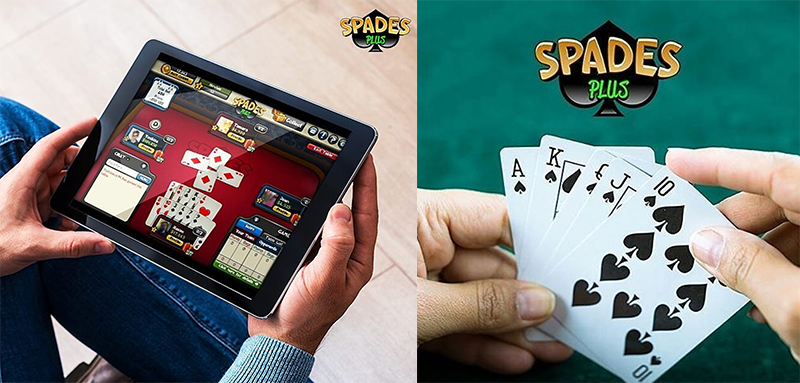

This is shown in the help menu and re-posted here for all members of GameHunters.Club
If you need the summary of all Free Coins checkout the Spade Plus Daily Bonus Collector.
Spade Plus: Players and Cards
- The game is for four players which play in pairs. Players sitting opposite each other are partners.
- Deal and play are clockwise.
- A standard pack of 52 cards is used. The cards, in each suit, rank from highest to lowest: A, K, Q, J, 10, 9, 8, 7, 6, 5, 4, 3, 2.
- Spades is always trump.
How the Bidding Section Works
- Each players bid a number of tricks between 0 and 13. Each team adds the bids of the two partners together and the total is the number of tricks that the partners try to win to get positive score.
- The bidding begins with the player to dealer's left and continues clockwise. There is no requirement for each bid to be higher than the last one.
- A bid of 0 tricks is known as NIL. Players who select 0 (Nil) bid declares that they will not win any tricks during that round. If the player fails to achieve 0 (Nil) bid, it brings -100 penalty points. If it’s successfully achieved, it will bring +100 points as bonus.
- At the beginning of the Bidding, players can make BLIND NIL bid which must be declared before a player looks at his cards. Blind Nil may get you +200 points or lose you -200 points
Spade Plus Gameplay: The Play of the Hand
- The player to dealer's left leads any card except a spade to the first trick. Each player, in turn, clockwise, must follow suit if able; if unable to follow suit, the player may play ANY card.
- A trick containing a Spade is won by the highest spade played; if no spade is played, the trick is won by the highest card of the suit led. The winner of each trick leads to the next.
- Spades may not be led until either
- some player has played a spade (on the lead of another suit), or
- the leader has nothing but spades left in hand.
- Playing the first spade is known as "Breaking" spades.
Spade Plus Game Scoring:
- A side that takes at least as many tricks as its bid calls for receives a score equal to 10 times its bid. Additional tricks (overtricks) are worth an extra one point each.
- The Sandbagging Rule: Overtricks are known as bags. If a team reaches to 10 bags, the team will have -100 penalty points and the total bag amount will be reset to 0. Any bags beyond ten are carried over to the next cycle of ten overtricks.
- If a team wins fewer tricks than the bid made, they lose 10 times of their bid.
- If a bid of Nil is successful, the nil bidder's side receives 100 points. This is in addition to the score won (or lost) by the partner of the nil bidder for tricks made. If a bid of nil fails - that is, the bidder takes at least one trick - the bidder's side loses 100 points, but still receives any amount scored for the partner's bid.
- A bid of Blind nil scores twice as much as an ordinary nil - it wins 200 points if successful and loses 200 points if it fails.
- The team which reaches to 300, 400 or 500 (depending on the Rooms) wins.


